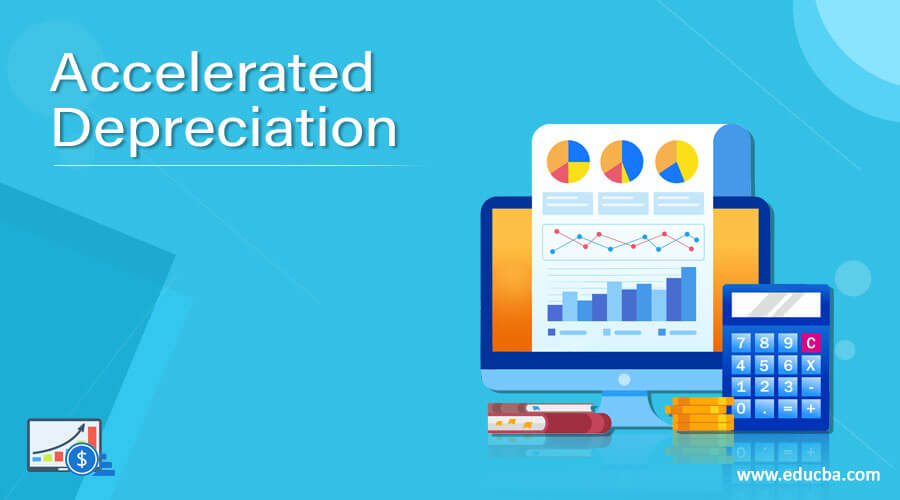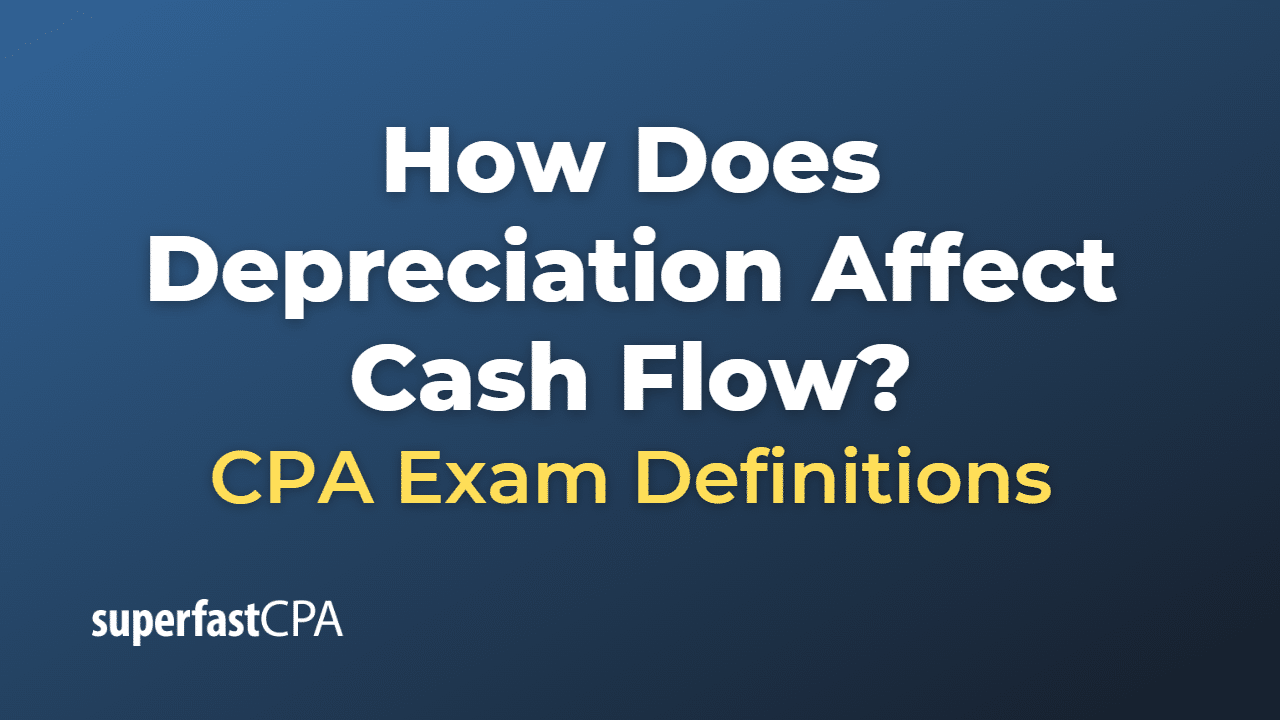Hey there, future financial whizzes! Ever feel like the world of finance is a giant, intimidating maze? Don't sweat it! We're going to tackle a topic that might sound dull, but trust me, understanding it can be seriously empowering: Depreciation and Accelerated Depreciation and how they affect your project's cash flow. Yeah, I know, sounds like accounting jargon. But stick with me, it’s actually kinda fun!
Think of it this way: imagine you buy a shiny new robot for your incredibly successful lemonade stand (you go!). That robot's gonna help you squeeze lemons like a boss for years, right? But over time, it's going to wear down, become obsolete, maybe even start demanding oil baths and complaining about the weather. That's depreciation in a nutshell! It's the gradual decrease in the value of an asset (like our trusty lemonade-squeezing robot) over its useful life.
Why Should I Care About Depreciation?
Okay, so why is this depreciation thing important? Well, it's all about cash flow, baby! Cash flow is the lifeblood of any project. It’s the money coming in and the money going out. Depreciation, although it’s not an actual cash outflow (you're not physically handing over money each year for it), it affects your taxable income. And lower taxable income means lower taxes. Lower taxes mean more cash in your pocket. Boom! More cash to expand your lemonade empire!
Depreciation is a non-cash expense. This means that while you're writing it off on your taxes, you're not actually spending any money. It's like getting a secret discount from Uncle Sam for using your assets to generate income. Pretty cool, huh?
Straight-Line Depreciation: The Slow and Steady Approach
There are different ways to calculate depreciation, and the simplest one is called straight-line depreciation. Imagine you bought that robot for $1,000, and you expect it to last for 5 years. Using straight-line depreciation, you'd deduct $200 ($1,000 / 5 years) each year. Easy peasy lemon squeezy!
It's a consistent and predictable method, which is great for budgeting and planning. However, it doesn't always reflect the *real-world* usage of an asset. What if your robot is a super-squeezer in the first few years, working overtime during peak lemonade season, and then slows down as it gets older? That’s where accelerated depreciation comes in!
Accelerated Depreciation: The Need for Speed!
Accelerated depreciation methods allow you to deduct a larger portion of the asset's value in the earlier years of its life. Think of it as getting a bigger tax break upfront! This can be incredibly helpful for projects that generate the most revenue early on. It basically recognizes that assets often lose more value in their initial years.
There are a few different accelerated depreciation methods. One common one is the double-declining balance method. Without diving into the nitty-gritty calculations (unless you *really* want to!), just know that it results in a higher depreciation expense in the early years and a lower expense later on. This means lower taxable income and more cash flow when you need it most – in the beginning of your project!
How Does This Affect My Project's Cash Flow?
Okay, let's bring it all together. When you use depreciation (especially accelerated depreciation), you're essentially reducing your taxable income. This translates directly into lower tax payments. Lower taxes equal more cash in your bank account. And more cash means more opportunities! You can reinvest in your lemonade stand, hire more robot assistants, or even start a whole new venture! The possibilities are endless!
The type of depreciation you choose can significantly impact your project's net present value (NPV) and internal rate of return (IRR). Accelerated depreciation, by boosting early cash flows, can often make a project look more attractive financially.
Think about it: if you're trying to get funding for your project, showing investors that you've carefully considered the tax implications of depreciation can make a huge difference. It demonstrates that you're not just a dreamer, but a savvy financial planner too!
In summary: Depreciation (and especially accelerated depreciation) is a powerful tool that can significantly impact your project's cash flow by reducing your taxable income. Choosing the right depreciation method can free up capital for reinvestment and growth. Don't ignore it! It's like finding a hidden treasure chest in your financial plan!
So, are you feeling more confident and inspired? Don’t be intimidated by the world of finance! It's all about understanding the rules of the game and using them to your advantage. Take some time to explore different depreciation methods and see how they can impact your project's bottom line. There are tons of resources online and in libraries to help you delve deeper. Happy calculating!





